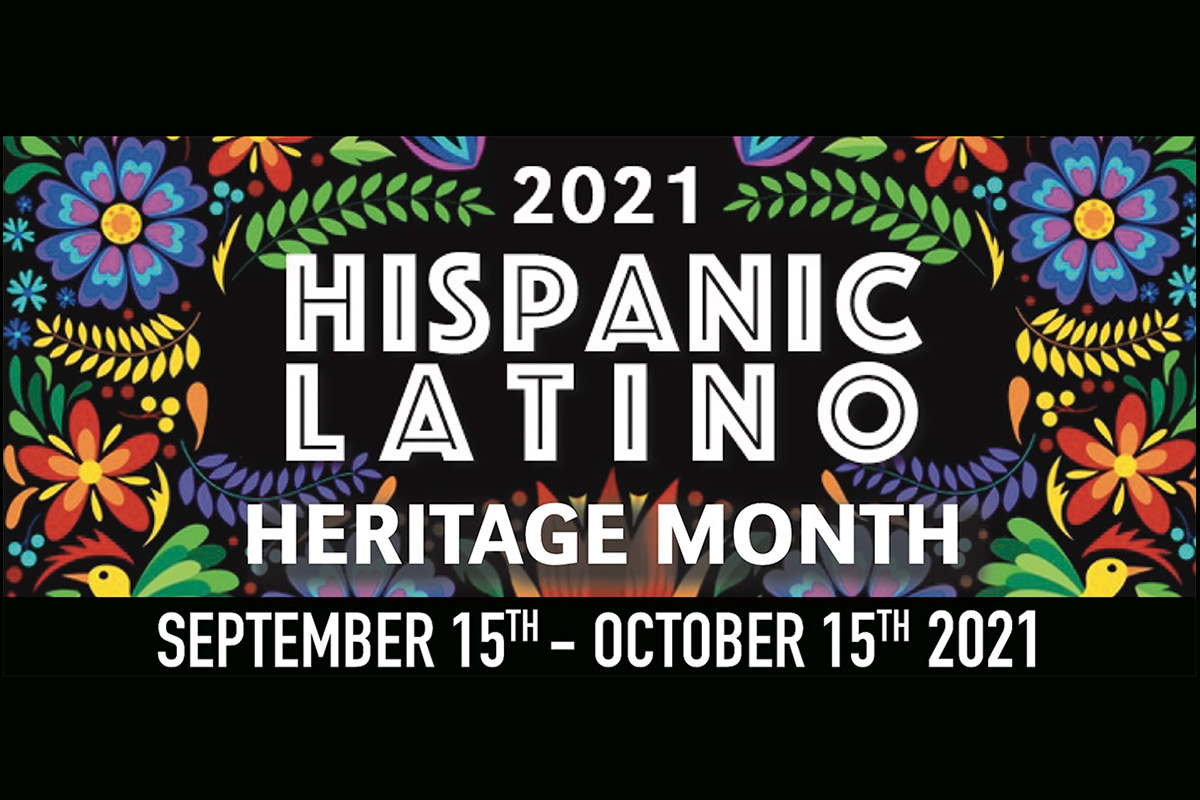- 14 3402-5578
- Rua Hygino Muzy Filho, 737, MARÍLIA - SP
- contato@latinoobservatory.org
 unomaha.edu
unomaha.edu
There is a huge population of more than 62 million people that celebrate the Hispanic Heritage Month, a national event that takes place from September 15th to October 15th. However, great part of them do not identify with the adoption of the term "Hispanic," and it is worth highlighting an approach to the subject here.
All contributions and cultural heritage from the Latin/Hispanic communities, whose ancestors came from Spain, Mexico, the Caribbean, Central, and South America, are praised and remembered during the event through several activities organized around the country.
The Hispanic
Heritage Month began in 1968, under then-President Lyndon Johnson's term, when
the celebrations were concentrated in one week. Two decades later, in 1988,
then-President Ronald Reagan extended the week to a whole month. The beginning
on September 15th has always been the same because it coincides with
the National Independence Day of Guatemala, Honduras, El Salvador, Nicaragua,
and Costa Rica. On September 16 th, independence is celebrated in
Mexico, the 18th in Chile, and the 21st in Belize. The
month of festivities also covers October 12th, the day that marks
the discovery of America by Christopher Columbus. Due to the resistance of the
native peoples, Mexico renamed the date "Día da Raza."
Information
source: https://www.hispanicheritagemonth.gov/











